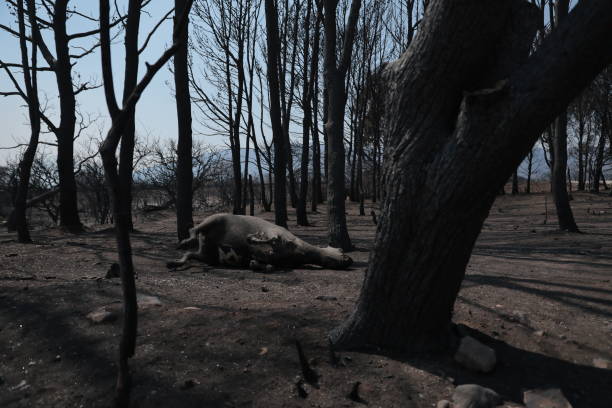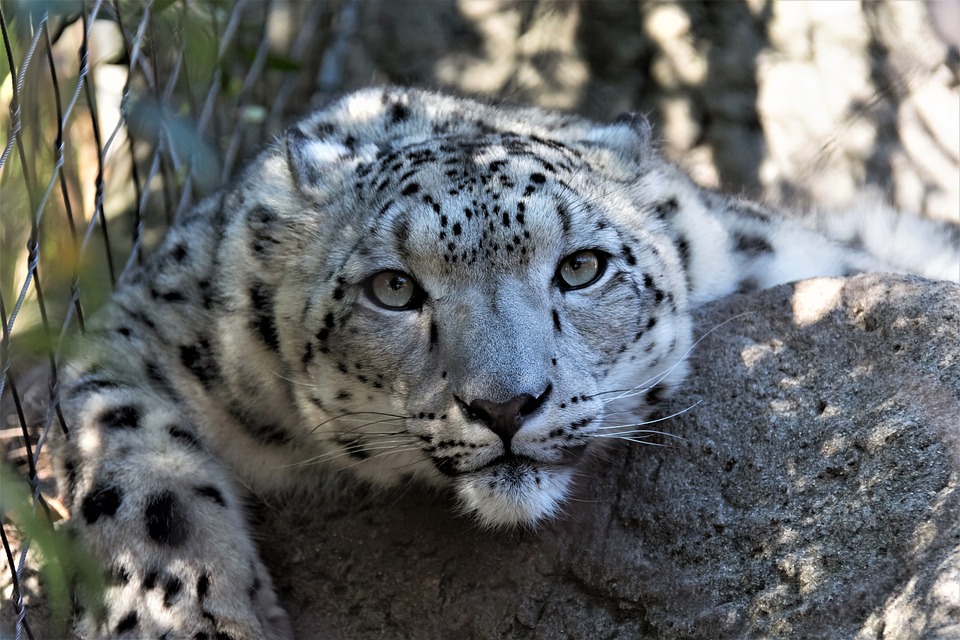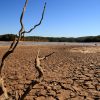On August 26, 2009, the last Christmas Island pipistrelle, a tiny bat once abundant on the island, was heard for the final time.
This event marked the extinction of a species, and the date struck a personal note with many, including the writer of this piece, who realized that the moment of extinction aligned with their 23rd birthday.
This moment emphasizes the reality that extinction is not a distant concept, but a personal loss that reflects the growing environmental crisis we face.
The world is currently experiencing its sixth mass extinction, caused by human activity.
While statistics abound—1 million species threatened, extinctions occurring up to 1,000 times faster than before—these numbers can feel impersonal.
To understand the magnitude of the loss, one must look beyond the figures and reflect on the stories of species lost within our lifetimes.

Species like the Christmas Island pipistrelle or the Bramble Cay myelomas have vanished, taking with them untold histories and ecosystems.
The Remembrance Day for Lost Species, observed annually on November 30, offers a space for global reflection.
This day invites people to remember extinct species, acknowledge their importance, and consider the broader impact of extinction on culture, justice, and human rights.
In the Pacific, for example, the extinction of Partula snails devastated a traditional Polynesian industry, and the Bramble Cay melomys’ extinction highlights the intersection of climate change and human rights.
The day is not only a time for mourning, but also for celebrating the efforts of those fighting to protect the species that remain.
While larger, more charismatic species often receive the bulk of conservation funding, the extinction of smaller, lesser-known species such as the Plectostoma sciaphilum snail and the Catarina pup fish remind us of the beauty in the unnoticed.
These species, though small and obscure, were unique and vital to their ecosystems. By recognizing the value of all species, we can strive for more equitable conservation practices.

